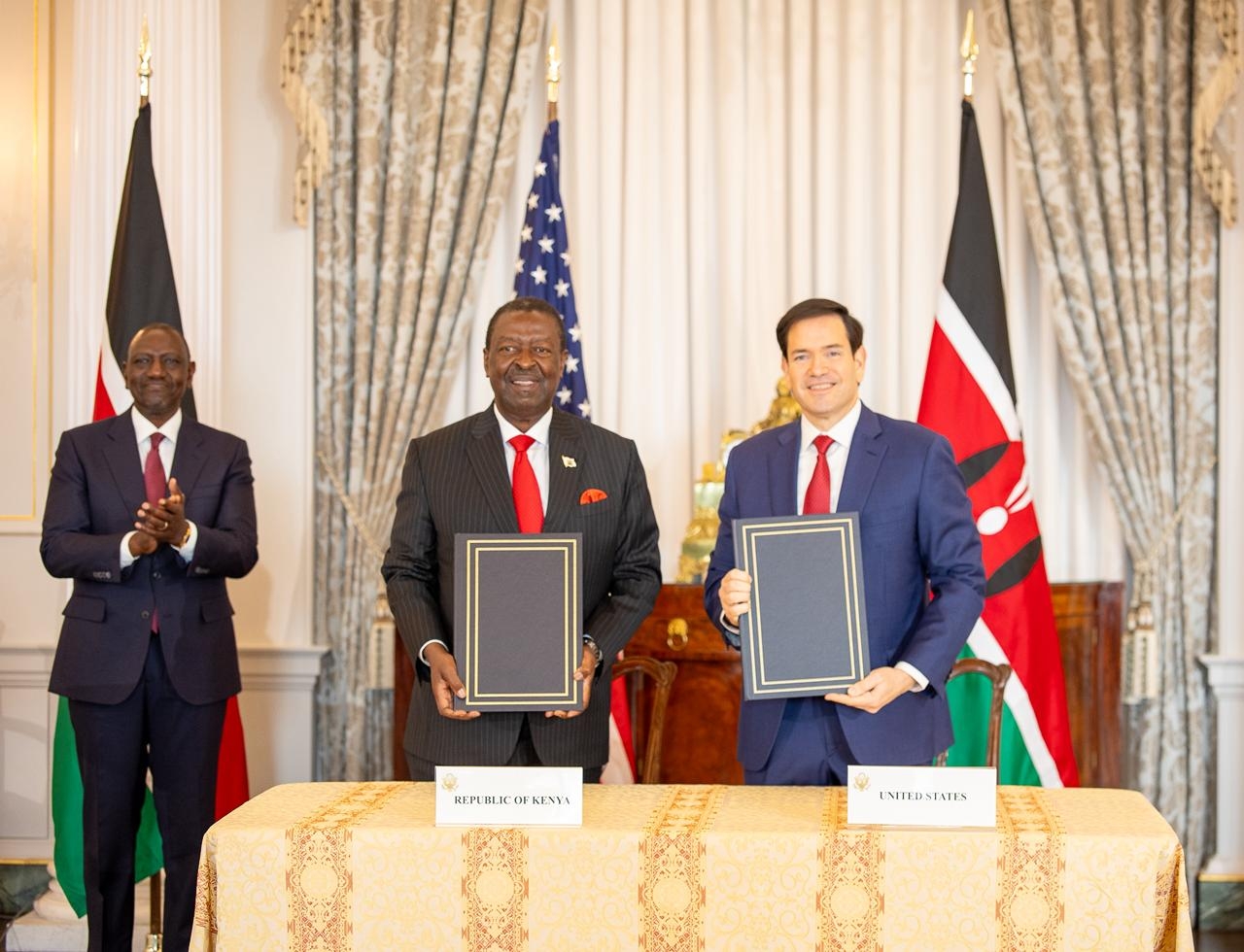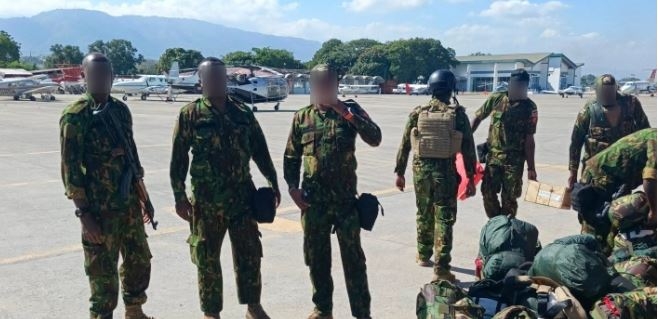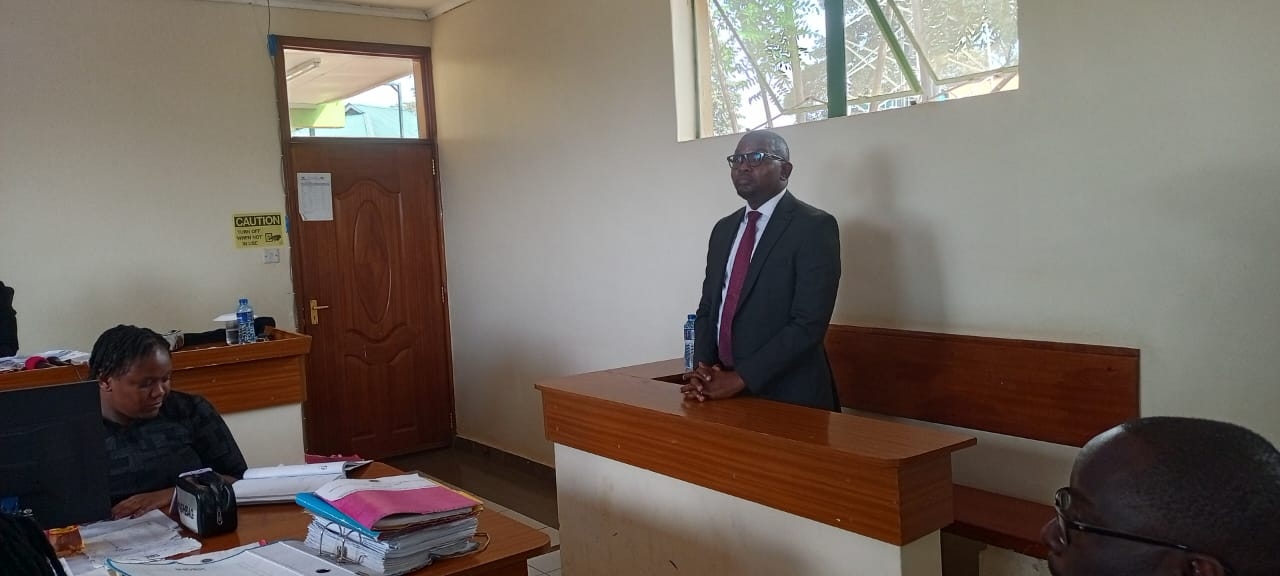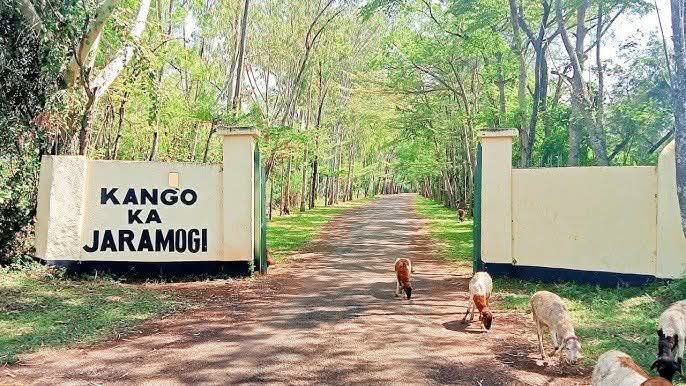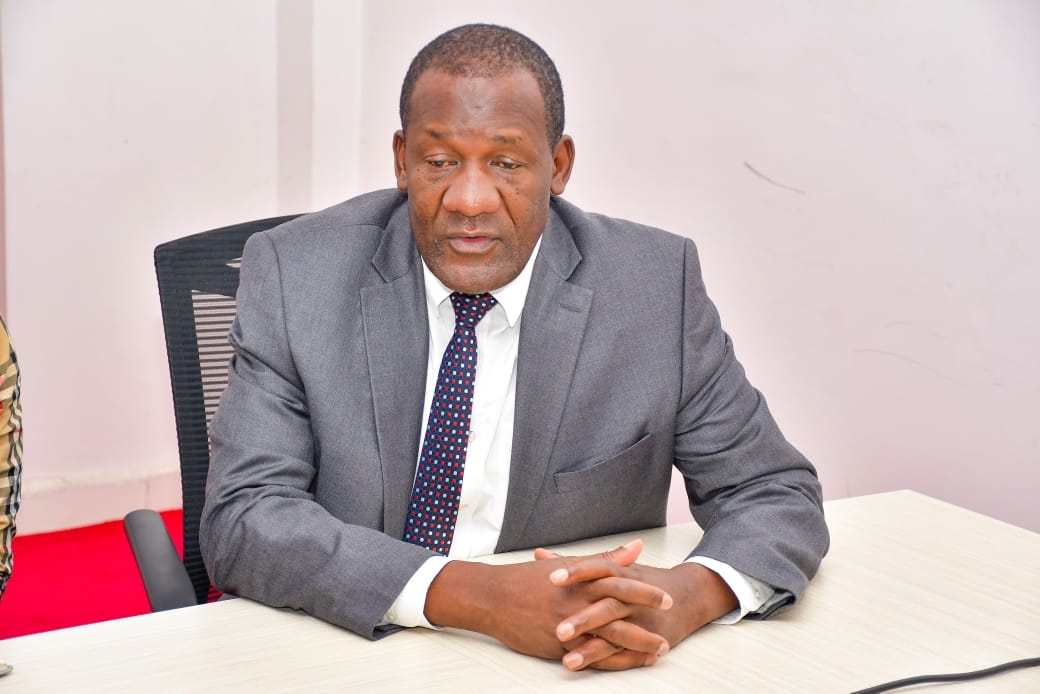Five counties in Nyanza are set to benefit from a mass administration of drugs to control schistosomiasis (bilharzia) and intestinal worms.
Busia, Homa Bay, Kisumu and Siaya counties will be covered in the campaign to control the spread of the diseases from August 24 to 29.
The move comes after a mapping exercise in November last year found the two neglected tropical diseases were endemic in the region.
Ministry of Health official Wycliffe Omondi, who heads the Vector-Borne and Neglected Tropical Diseases Division, said they are targeting 4.5 million people for intestinal worms and 1.5 million for bilharzia treatment.
Speaking in Kisumu on Thursday, he said they are training health officials at county and subcounty level ahead of the exercise.
The health officials include medical officers of health, pharmacists, Neglected Tropical Diseases coordinators and health records officers.
They will then cascade the training to the 9,000 health promoters to be engaged in the campaign.
"During the training, the officials will be taken through how the mass administration will be done,” Omondi said.
"They will know more about the diseases, the types of medicine to use, data collection tools and also how to manage resistance from the community because we expect some people to resist."
Omondi said the health workers will move door to door and issue doses of Mebendazole for intestinal worms and Praziquantel for schistosomiasis during the five-day campaign.
He added that they picked on the health workers because they are known in their localities and can easily go back to a household where one or two members missed the drugs and administer.
"We are collaborating with the county and and will mount stations at churches, mosques and bus terminus to ensure that as many people as possible take the drugs."
Omondi said the preventive treatment is voluntary but encouraged residents to take the medicine to give impetus to the fight against the diseases.
The ministry plans to eradicate the two diseases with more rounds of drugs expected to be administered across various regions to eliminate it.
Currently, the ministry has segregated the country into five regions: Coastal, Western, Central, Northeastern and Lake region.
This as the governments moves to get World Health Organisation certification of being declared free of the two diseases.
Central region is closer to completely eradicating the diseases, followed by Coast and Western regions, which have so far received three rounds of the Mass Drug Administration.
Omondi said managing the diseases in the Lake region is still a challenge due to proximity to Uganda and Tanzania because they are sharing the lake with other countries and there is a lot of spillover from the neighbouring countries.


